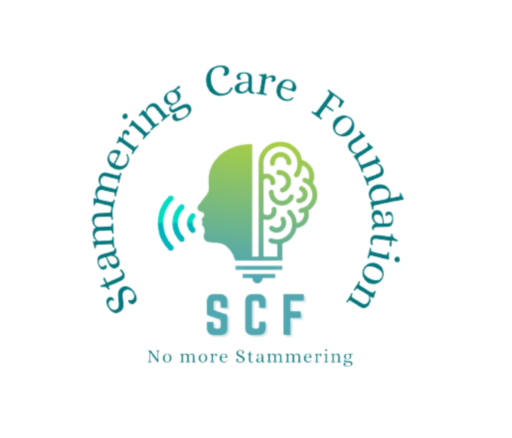For individuals who stutter, the journey of communication can be filled with challenges. However, harnessing the power of positive self-talk can significantly improve both speech fluency and emotional well-being. This blog explores how positive self-talk can empower those who stutter and offer practical strategies for incorporating it into daily life.
1. Understanding Self-Talk and Its Impact
Self-talk refers to the internal dialogue we have with ourselves. For those who stutter, negative self-talk can perpetuate feelings of anxiety and low self-esteem. It’s crucial to recognize how thoughts about stuttering influence emotional health. Shifting from negative to positive self-talk can create a more supportive mental environment.
2. The Connection Between Self-Talk and Stuttering Anxiety
Many people with stuttering anxiety may think, “I can’t speak fluently,” leading to a cycle of fear and self-doubt. This kind of thinking can intensify stuttering episodes. Conversely, practicing positive self-talk, such as affirmations like “I am confident in my ability to speak,” can help reduce anxiety and enhance speech fluency.
3. Building Self-Esteem Through Positive Affirmations
Positive self-talk fosters self-esteem, which is particularly vital for those who stutter. Regularly affirming one’s strengths and capabilities can empower individuals to face speaking situations with confidence. Using phrases like “I am articulate” or “My voice matters” can help shift the narrative around stuttering.
4. Techniques for Implementing Positive Self-Talk
To integrate positive self-talk into your daily routine, consider the following techniques:
- Daily Affirmations: Start each day with a few affirmations that reinforce your ability to communicate effectively.
- Visualization: Imagine yourself speaking confidently in various situations. This practice helps create a mental picture of success.
- Journaling: Write down positive experiences related to speaking and reflect on your progress.
5. Support Systems and Positive Self-Talk
Engaging in speech therapy for stammering can also encourage positive self-talk. Therapists can provide tools to help individuals reframe negative thoughts and build a more positive self-image. Surrounding yourself with supportive friends and family who understand your journey can further enhance the power of positive self-talk.
Conclusion
The power of positive self-talk is a valuable tool for individuals who stutter. By transforming negative thoughts into empowering affirmations, one can build confidence, reduce stammering anxiety, and improve overall mental health. Remember, your words hold power; use them to uplift and empower yourself on your journey to fluent communication.




